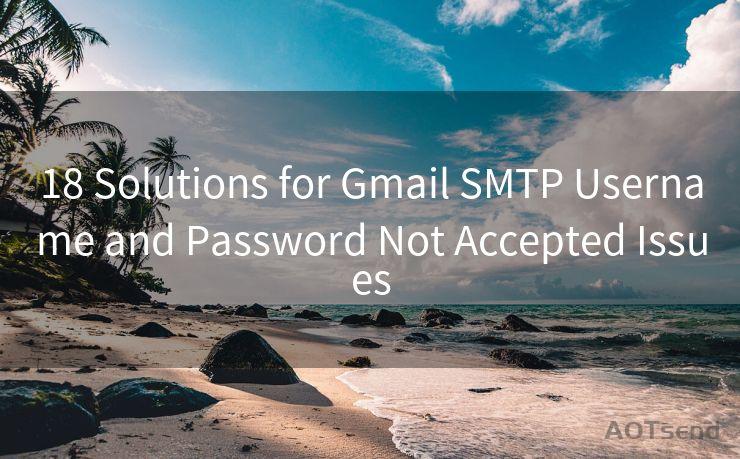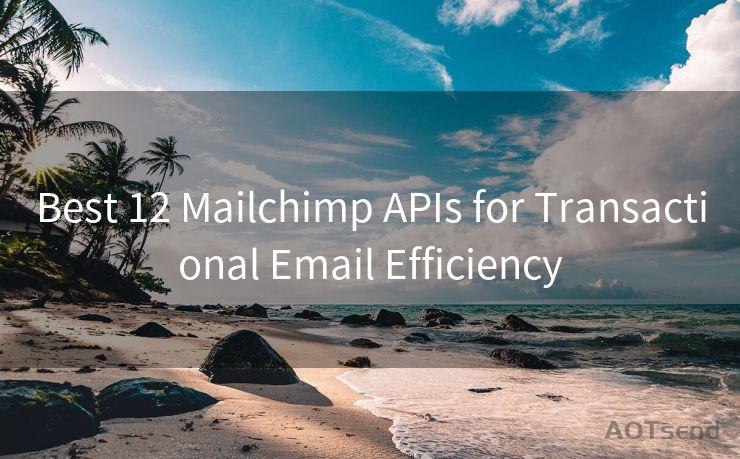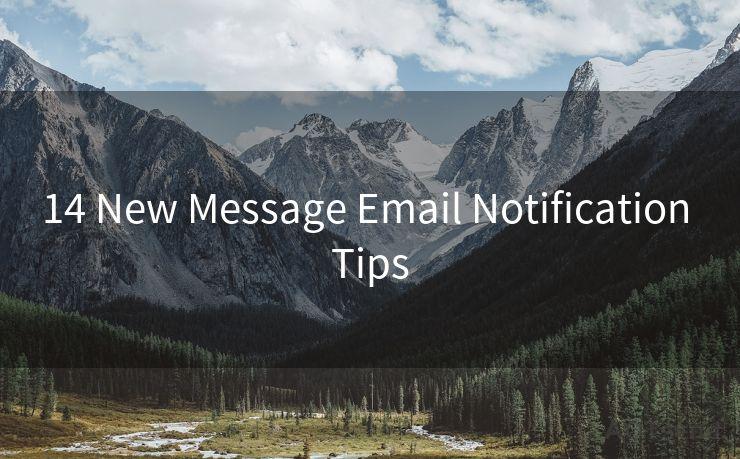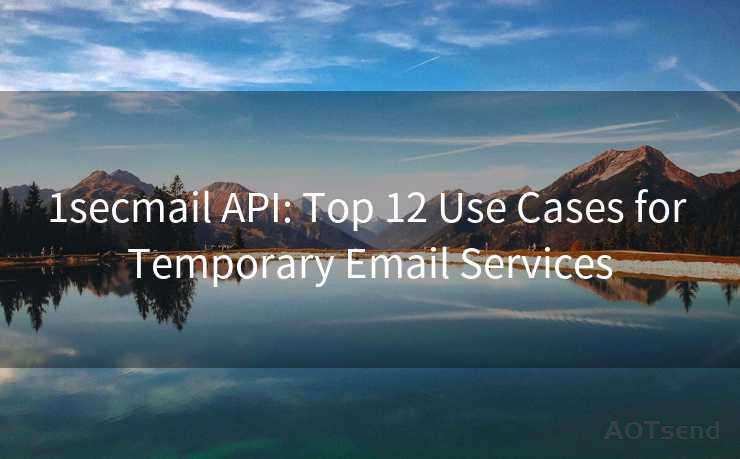7 Reasons You’re Receiving Gmail Security Alerts and What to Do




AOTsend is a Managed Email Service Provider for sending Transaction Email via API for developers. 99% Delivery, 98% Inbox rate. $0.28 per 1000 emails. Start for free. Pay as you go. Check Top 10 Advantages of Managed Email API
Gmail, one of the most popular email services, occasionally sends security alerts to its users. These alerts can be concerning, especially if you’re not sure why you’re receiving them. Understanding the reasons behind these alerts and knowing how to respond is crucial for maintaining your account’s security. Here are seven common reasons you might be receiving Gmail security alerts and what you can do about them.
1. Suspicious Login Activity
If Gmail detects a login attempt from an unusual location or device, it may send a security alert. This could indicate an unauthorized attempt to access your account. To address this, immediately change your password and enable two-factor authentication for added security.
2. Weak or Compromised Password
Using a weak or commonly used password increases the risk of your account being hacked. If Gmail suspects your password has been compromised, it will send an alert. Update your password to a strong, unique one and consider using a password manager to generate and store complex passwords.
3. Unusual Account Activity
Sudden changes in your account activity, like sending a large number of emails in a short period, can trigger a security alert. If you didn’t initiate these actions, someone else might have access to your account. Review your account activity and secure it by changing your password and checking for any unauthorized apps or devices connected to your account.
4. Phishing Attempts
Gmail is vigilant about protecting users from phishing attempts, which are emails designed to steal personal information. If Gmail detects a suspicious email, it may send an alert. Never click on links or download attachments from unknown senders, and report any suspicious emails to Gmail.
5. Malware or Virus Infection
If your device is infected with malware or a virus, it may try to send spam or phishing emails from your Gmail account. Gmail will alert you if it detects such activity. Scan your device with antivirus software and remove any infections immediately.
6. Third-Party App Access
Granting access to third-party apps can sometimes lead to security alerts if those apps misbehave. Regularly review the apps connected to your Gmail account and revoke access to any you no longer use or trust.
7. Account Recovery Attempts
If someone tries to recover your Gmail password without your knowledge, Gmail will send a security alert. Make sure your recovery information, like your phone number and alternate email, is up to date and secure.
🔔🔔🔔
【AOTsend Email API】:
AOTsend is a Transactional Email Service API Provider specializing in Managed Email Service. 99% Delivery, 98% Inbox Rate. $0.28 per 1000 Emails.
AOT means Always On Time for email delivery.
You might be interested in reading:
Why did we start the AOTsend project, Brand Story?
What is a Managed Email API, Any Special?
Best 25+ Email Marketing Platforms (Authority,Keywords&Traffic Comparison)
Best 24+ Email Marketing Service (Price, Pros&Cons Comparison)
Email APIs vs SMTP: How they Works, Any Difference?
Conclusion
Receiving Gmail security alerts can be alarming, but they are a crucial part of keeping your account safe. By understanding the reasons behind these alerts and taking swift action, you can ensure that your Gmail account remains secure. Remember, prevention is always better than cure, so stay vigilant and keep your account details confidential.





AOTsend adopts the decoupled architecture on email service design. Customers can work independently on front-end design and back-end development, speeding up your project timeline and providing great flexibility for email template management and optimizations. Check Top 10 Advantages of Managed Email API. 99% Delivery, 98% Inbox rate. $0.28 per 1000 emails. Start for free. Pay as you go.
Scan the QR code to access on your mobile device.
Copyright notice: This article is published by AotSend. Reproduction requires attribution.
Article Link:https://www.aotsend.com/blog/p8653.html











